Iran tells EU to take independent position far from ‘detrimental’ US stances
Iran's President Hassan Rouhani has urged the European Union to adopt independent stances on issues related to cooperation with Iran, especially with regard to the nuclear deal that Tehran signed with six world powers, officially known as the Joint Comprehensive Plan of Action (JCPOA), back in 2015.
Rouhani made the remarks in a phone call with president of the European Council Charles Michel on Thursday, telling him that Iran is ready to work more closely with the EU.
Blaming Washington’s “erroneous and detrimental” miscalculations on lack of US understanding of the realities in the region, Rouhani said, “The European Union must adopt independent positions from Washington in order to prevent Iran from totally losing hope in Europe.”
In May 2018, US President Donald Trump unilaterally pulled his country out of the JCPOA and later reimposed the sanctions that had been lifted against Tehran under the agreement and began unleashing the “toughest ever” fresh sanctions.
The American president also directly ordered the assassination of Iran's top military commander, Lt. Gen. Qassem Soleimani, in a drone airstrike near Baghdad airport in the early hours of Friday, prompting Iran to take revenge by pouring more than a dozen ballistic missiles on two military bases housing US troops in Iraq early on Tuesday.
“The US has resorted to economic terrorism against Iran by stepping up sanctions, even sanctions on drugs and food, and has violated all international regulations by assassinating Iran's great commander, and Europe must respond to these US terrorist acts,” Rouhani added.
“Iran and Europe seek to maintain regional stability and to strengthen implementation of the JCPOA; and it is very important for us that Europe, China and Russia would be able to play their important roles in preserving the JCPOA in order to safeguard Iran's interests,” Rouhani further said.
In response to the unilateral US withdrawal from the nuclear deal, Tehran has so far rowed back on its nuclear commitments five times, the last of which was taken on Sunday, within Articles 26 and 36 of the JCPOA, but stressed that its retaliatory measures will be reversible as soon as Europe finds practical ways to shield mutual trade from the US sanctions.
Tehran announced on Sunday that the country would no longer observe operational limitations on its nuclear industry, including with regard to the capacity and level of uranium enrichment, the amount of enriched materials as well as research and development.
Elsewhere in his remarks, the Iranian president described Iran’s five steps in scaling down its commitment to the nuclear accord as a means to achieve balance.
“Iran will continue to cooperate with the the International Atomic Energy Agency (IAEA) as was the case in the past,” he said.
Iran has criticized the three European signatories to the JCPOA -- Britain, France and Germany -- for failing to salvage the pact by shielding Tehran’s economy from US sanctions.
Michel, for his part, said Europe has also made every effort to play a positive role in dealing with global and regional political issues.
Europe “has repeatedly urged the United States in recent days not to further escalate tensions in the region,” the president of the European Council added.
VIDEO | Third round of Iran-US nuclear talks concludes in Geneva
Geneva talks: Iran signals firm resolve, rejects US pressure, proceeds with cautious optimism
Iran urges Afghanistan, Pakistan to hold dialogue amid new escalation
US will suffer ‘massive losses’ in case of new war: Iraq's Kata’ib Hezbollah
Normalization increases cost of defeating Israel, Yemeni leader warns
Activists announce 'Freedom and Sumud Flotilla' to challenge Gaza blockade
VIDEO | Rome residents demand end to ties with Israeli firms
VIDEO | Pakistan Senate condemns ‘hexagon of alliances’ as Indian PM visits Israel


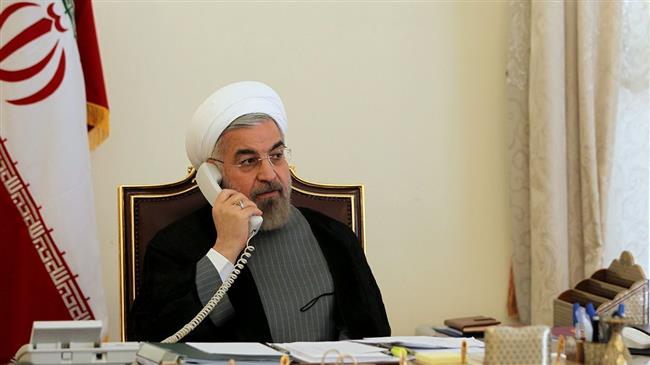


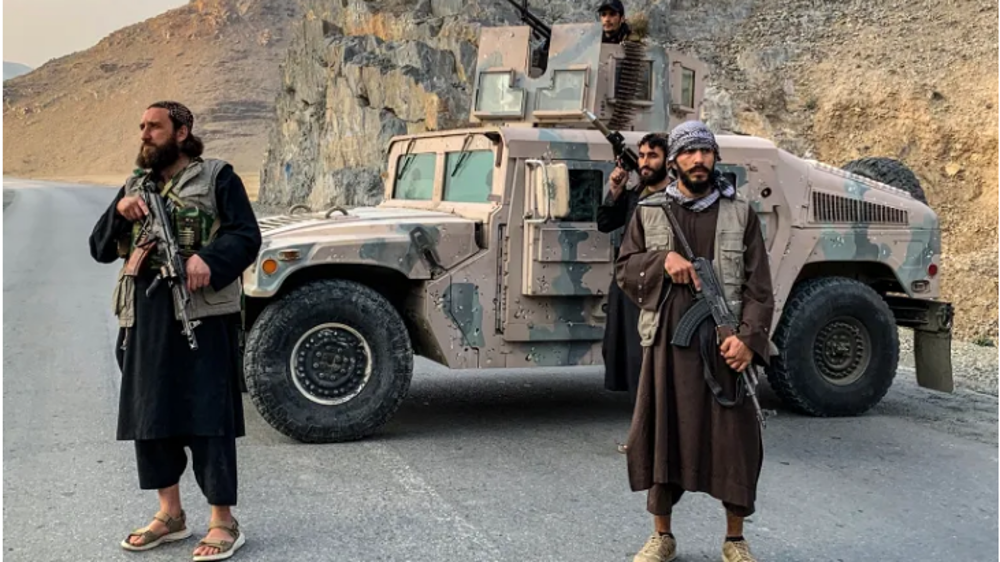
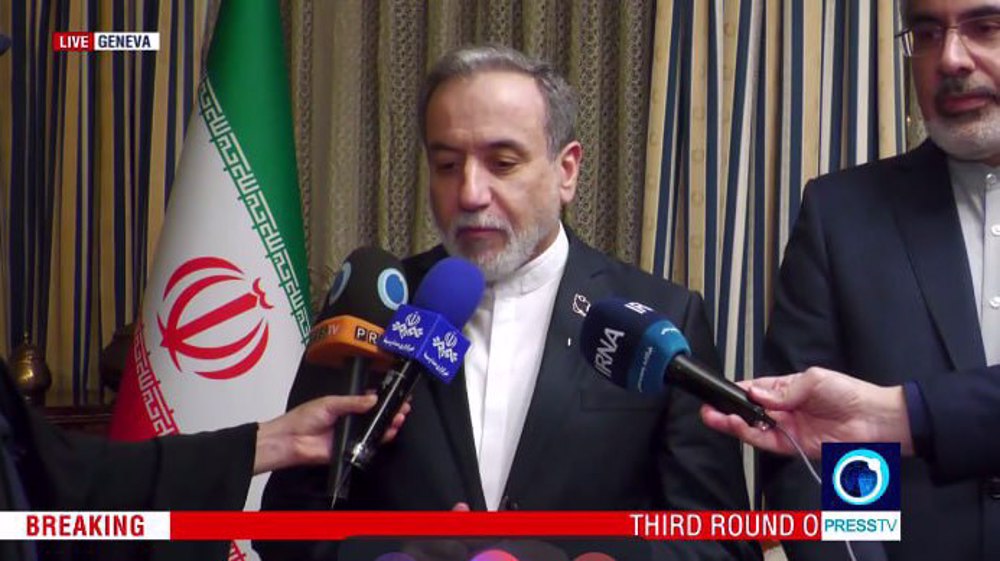
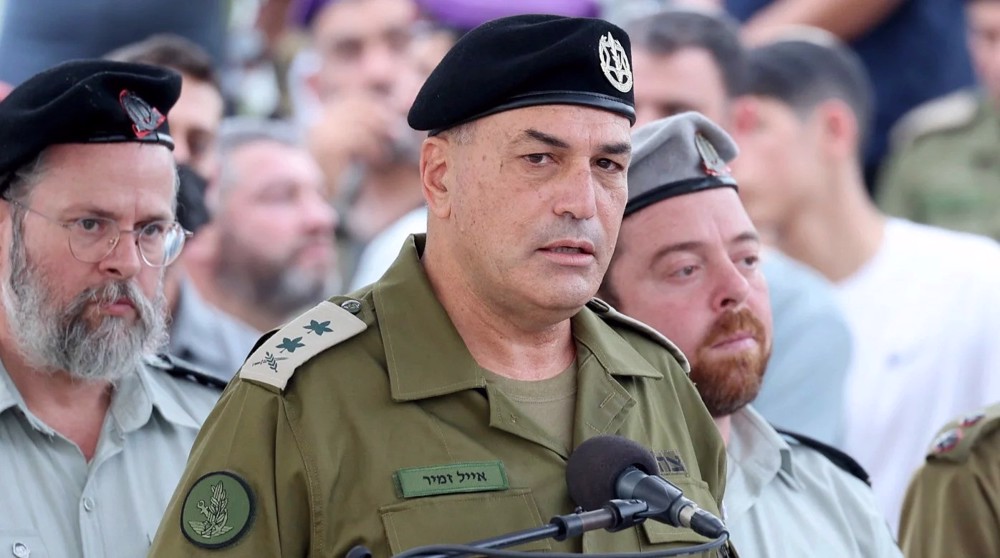



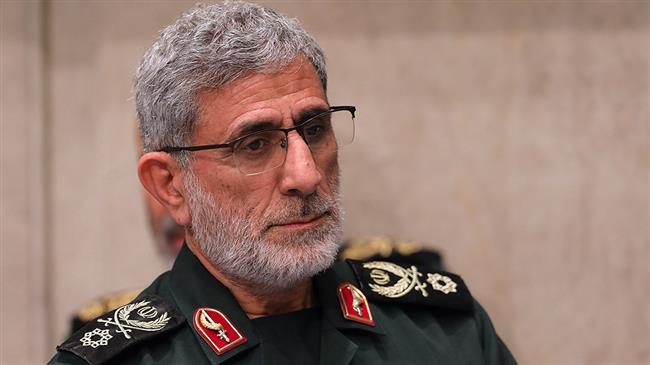
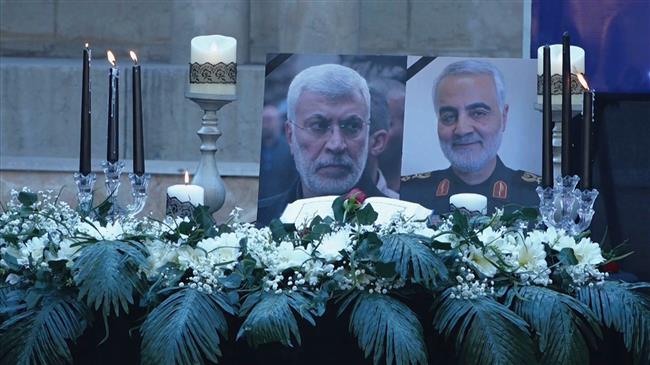
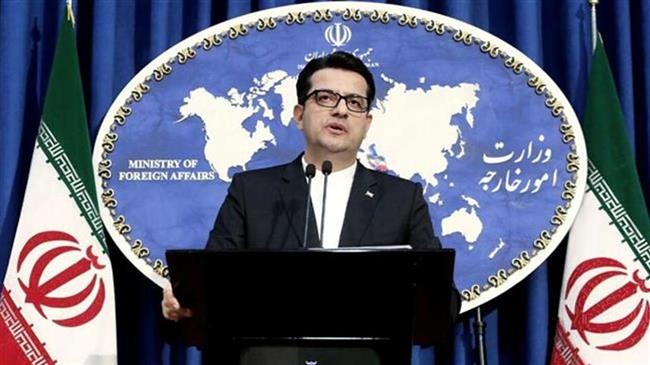
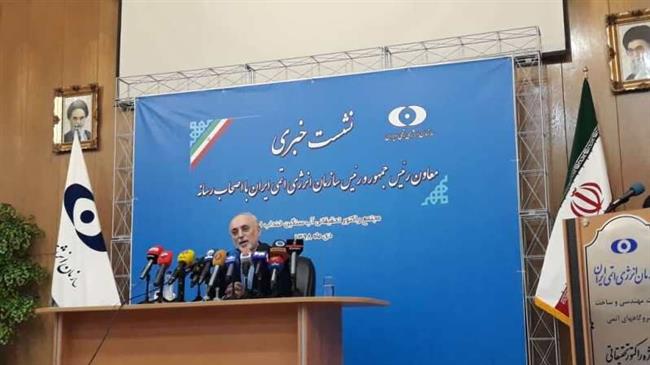
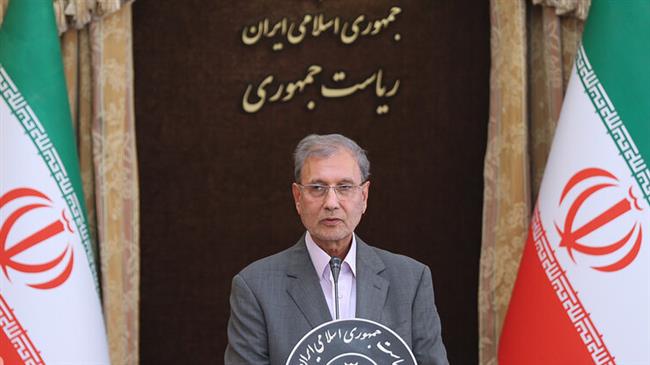

 This makes it easy to access the Press TV website
This makes it easy to access the Press TV website